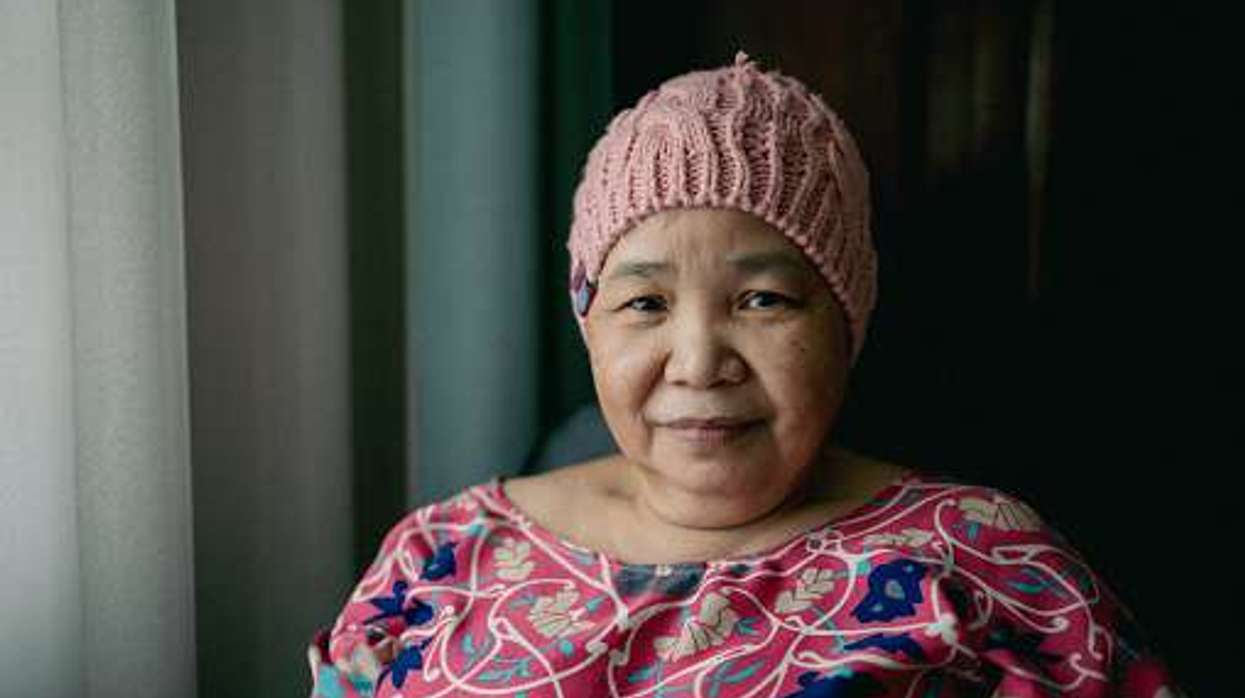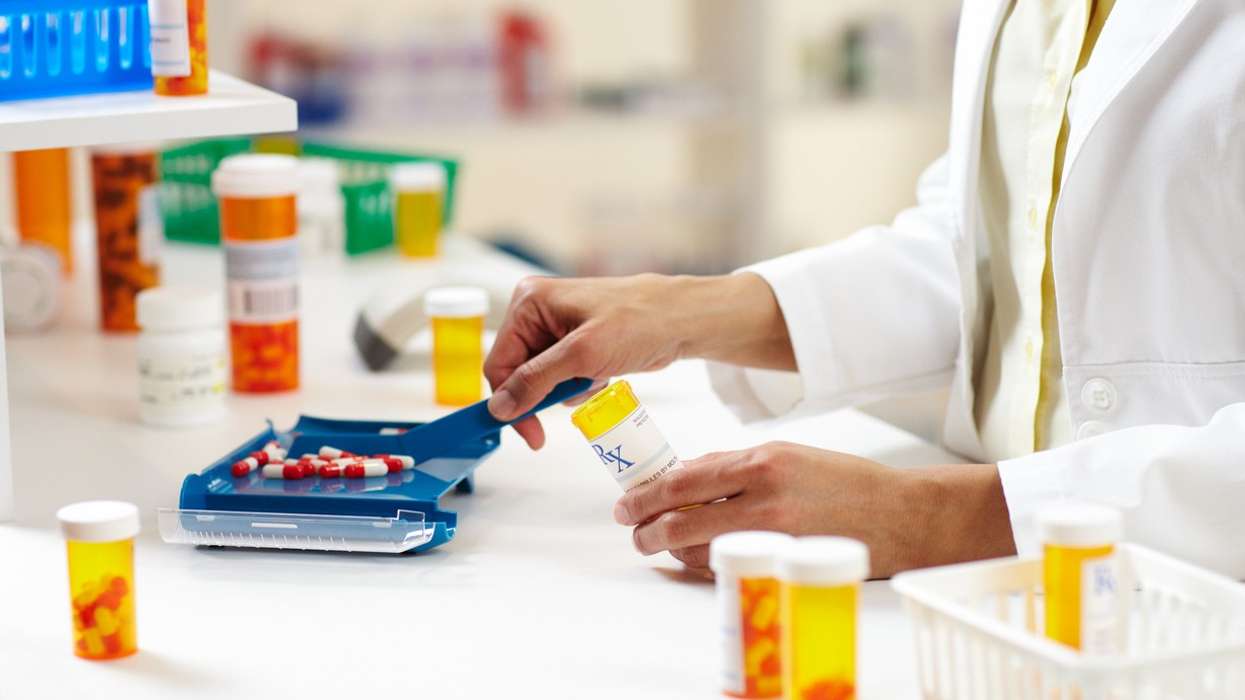In its next meeting, the Committee will review progress on Pharmacy First implementation, funding, and the 2024/25 CPCF
Community Pharmacy England (CPE) has asked community pharmacy owners to share their views on preparations for the new national Pharmacy First service, ahead of the next full Committee meeting at the end of January.
The advanced service, which is set for launch from 31 January, will allow patients to seek advice and treatment for seven common conditions directly from their local pharmacy, without the need to contact their GP practice. It is expected to help NHS free up 10m GP appointments a year.
However, CPE chief executive Janet Morrison has previously expressed that the Pharmacy First investment is not the panacea for pharmacy’s funding woes.
Pharmacy owners’ feedback will be used in the Committee’s campaigning and influencing work to press for an uplift to core funding, CPE said.
In the next meeting, the Committee will review progress on negotiations and other important topics, looking particularly at Pharmacy First implementation, funding, the 2024/25 CPCF, as well as its future strategy.
Independents and non-CCA multiples are asked to directly share their thoughts about the new Pharmacy First service and how preparations for it are going by participating in a short poll.
For CCA multiples, the survey will be sent directly to their head offices over the next week, the Committee said.
The survey is for community pharmacy owners only, and it will close at 11.59pm on 21 January.
Under NHS Pharmacy First service, pharmacies would be able to provide advice and treatment for the following conditions:
- Sinusitis
- Sore throat
- Acute otitis media
- Infected insect bite
- Impetigo
- Shingles
- Uncomplicated urinary tract infections in women
Pharmacies that are providing this service will also be able to prescribe certain prescription-only medicines under a Patient Group Directive (PGD) for treatment of these conditions.













